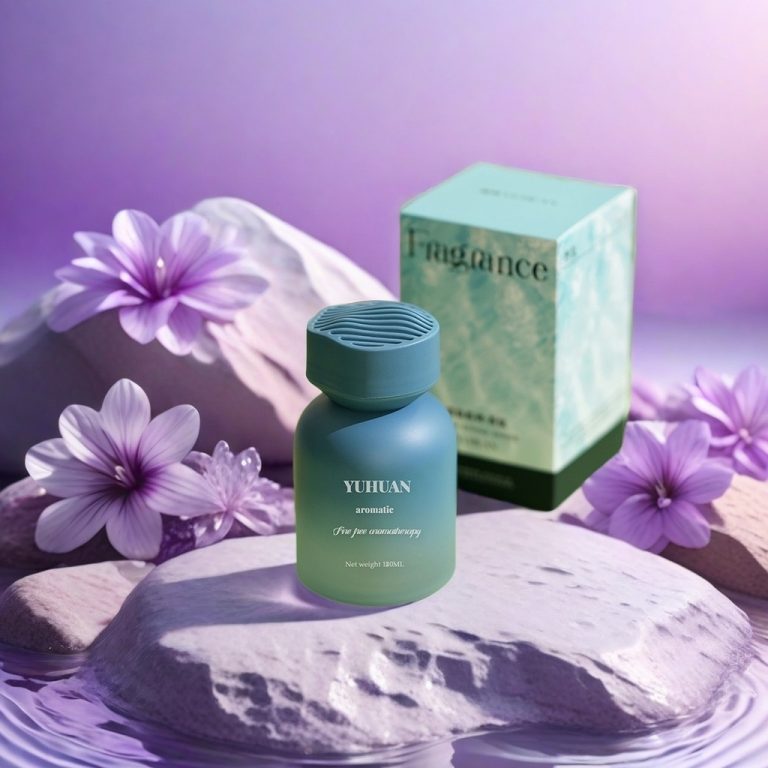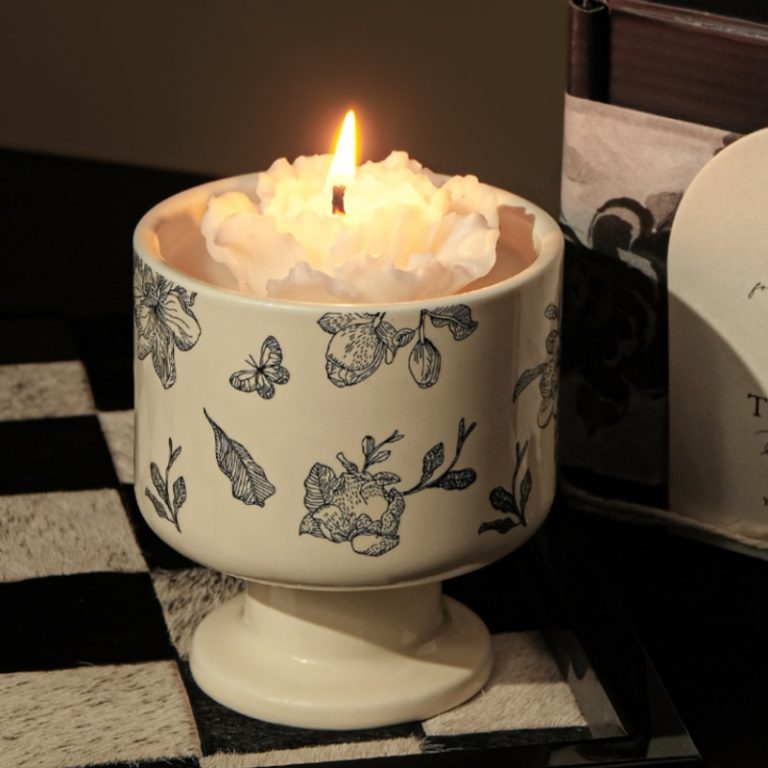Oriental Culture and Creativity Inspired Fragrance Journey | ScentSerenade
**”Whiskers and Aromas: The Delicate Dance of Cats and Essential Oils”**
(Keeping Cats Safe: Navigating Essential Oil Use)
Cats are mysterious creatures, aren’t they? With their graceful movements, piercing eyes, and an uncanny ability to teleport to the most inconvenient spots, they’ve earned their place as one of the most beloved pets worldwide. But as any cat parent knows, these furry little enigmas come with a unique set of rules—especially when it comes to their health and safety. One area that’s often overlooked? The world of essential oils. While these fragrant extracts can be a game-changer for humans, they can be a minefield for our feline friends. So, let’s dive into the delicate dance of keeping your cat safe while still enjoying the benefits of essential oils.
First things first: cats are not small dogs. Their bodies process things differently, and their livers lack certain enzymes that help break down compounds found in essential oils. This means that what’s soothing for you could be downright toxic for them. Oils like tea tree, eucalyptus, citrus, and peppermint might smell divine to us, but to a cat, they can cause anything from mild irritation to severe health issues like liver damage or respiratory distress. Even diffusing oils in your home can pose a risk, as cats are highly sensitive to airborne particles.
But don’t toss your oil collection just yet! There are ways to navigate this aromatic tightrope. The key is moderation, knowledge, and a healthy dose of caution. If you’re an essential oil enthusiast, start by creating cat-free zones where you can enjoy your oils without worrying about your curious kitty. Always store your oils in a secure place—preferably behind closed doors—because cats are notorious for their knack for getting into things they shouldn’t.
When it comes to diffusing, less is more. Use your diffuser in well-ventilated areas and for short periods of time. Keep an eye on your cat’s behavior; if they start sneezing, coughing, or acting lethargic, it’s time to turn off the diffuser and give them some fresh air. And remember, not all oils are created equal. Some, like lavender or frankincense, are considered safer in very diluted forms, but even these should be used sparingly and with care.
If you’re ever in doubt, consult your vet. They can provide tailored advice based on your cat’s specific needs and health history. And if you’re looking for alternatives to essential oils, consider cat-safe options like fresh herbs or natural, unscented cleaning products. Your cat will thank you—probably with a head bump or a purr.
(Keeping Cats Safe: Navigating Essential Oil Use)
At the end of the day, our cats rely on us to keep them safe. They may act like they own the place (and let’s be honest, they do), but it’s up to us to ensure their world is as hazard-free as possible. So, the next time you light that diffuser or reach for your favorite oil, take a moment to think about your feline companion. After all, a happy cat means a happy home—and isn’t that the ultimate goal?





